Technical Reports Urban Mobility
This page lists technical reports of PIARC in the field of urban mobility. These publications are classified chronologically.
-
Multimodal Solutions for Optimizing -Road Networks in Urban and Peri-Urban Areas - Case Studies
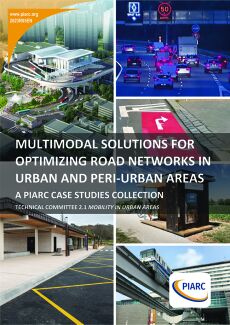
The current collection of case studies is part of a set of six publications of Technical Committee 2.1 Mobility in Urban Areas expected for the 2020-2023 cycle. Mobility in urban areas faces complex problems which need to be managed within spatial and budgetary constraints. It is therefore necessary to optimize road networks through better integration with other forms of transport (rail, active modes, etc.) utilizing a multimodal approach. The Working Group 2 “Integrated transportation [...]
-
Electric Road Systems - Collection of Case Studies
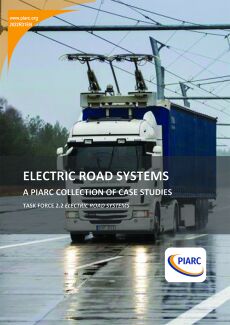
The collection of case studies report on electric road systems (ERS) provides an overview of the activities of PIARC Task Force 2.2 to date. This includes an overview of the tasks and activities of the Task Force as well as the progress made to date in terms of collection and review of literature, collection of case studies, survey questionnaire development and workshops. The report ends with a brief conclusion regarding the progress to date and information regarding the immediate next steps that [...]
-
Smart Roads Classification
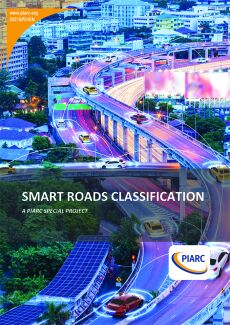
Traditionally, road network classification systems have focused on two fundamentally opposite dimensions: mobility and accessibility. These classification systems have been adapted to the variable circumstances of countries or regions. However, with Connected and Automated Vehicles (CAVs) coming into play, the situation has become quite more challenging than before. Current CAVs consist of diverse Advance Driver Assistance Systems (ADAS) that assist humans in the driving task. The automotive industry [...]
-
Traffic Noise – Best Practice Guide - Technical Report
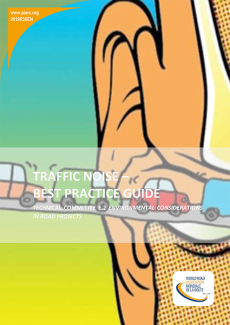
In recent years, knowledge about the health effects of traffic noise has grown substantially. Many studies have found that long-term exposure to traffic noise is associated with various health impacts such as sleep disturbance, cardiovascular disease and depression. While there remain knowledge gaps concerning the risk for particular noise profiles, there is sufficient evidence to suggest that a large proportion of people living within major urban centres is at risk due to excessive noise level [...]
-
Journey Time and Travel Reliability - Technical Report
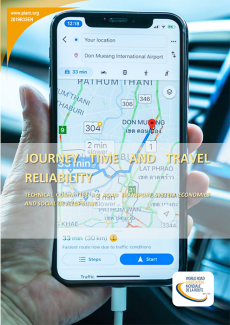
Travel time reliability has been put by all stakeholders in the transport arena at the centre of attention: transport planners, operators and users agree on the need to take actions for more reliable transport systems. Although the framework is clear in terms of the stakeholders’ claims, the theoretical knowledge about reliability is even internationally not exhaustive and the same definition of the term is not intuitive and seems to differ from country to country. As a position-fixing for its [...]